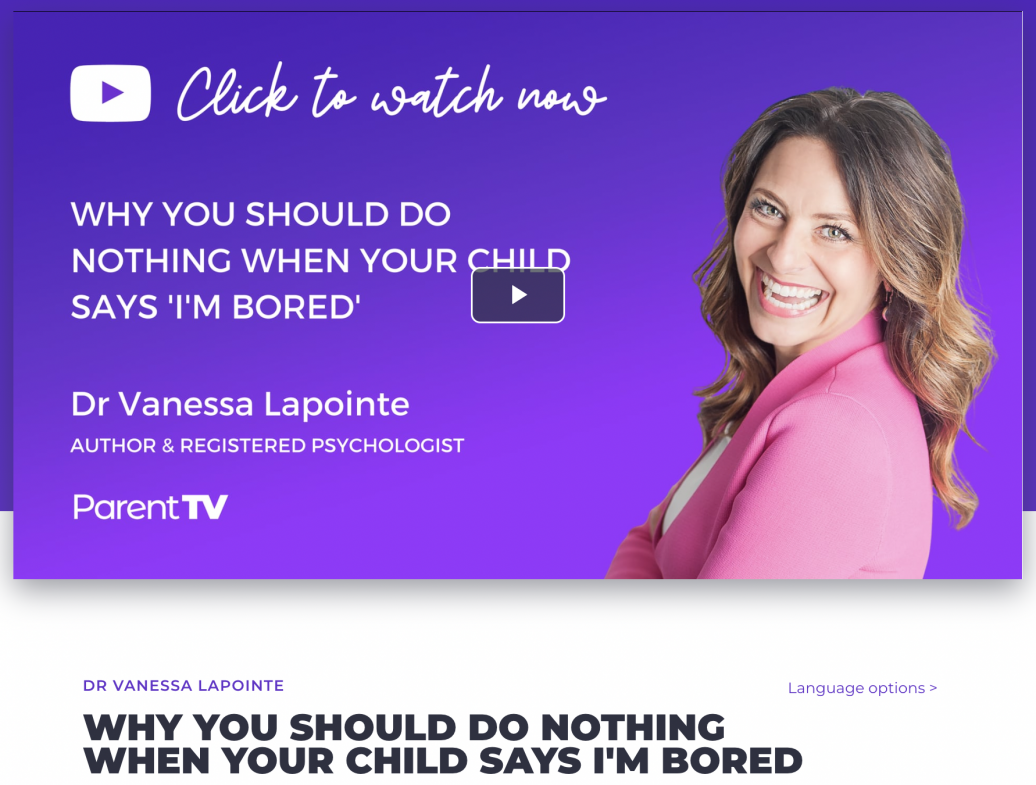Parenting as an Introvert: Embracing Your Quiet Strength
Categories: Behaviour
If you’re an introvert and a parent, you know that raising kids can be both a joy and a challenge. But did you ever wonder if there’s a science behind this? Is there a method to the introverted madness of parenting? Let’s explore the science and research behind parenting as an introvert and why embracing your quiet strength can make you a great parent.
What’s Introversion, Anyway? First things first, let’s get on the same page about introversion. Introverts are people who recharge their batteries by spending time alone. They tend to find social interactions draining and often enjoy quiet, low-key environments. This personality trait is influenced by genetics, biology, and early life experiences.
Parenting as an Introvert: The Science
So, what does science have to say about introverted parents? Turns out, there’s quite a bit to learn:
- Quality Over Quantity: Introverted parents have a knack for creating deep connections with their children. Dr. Laurie A. Helgoe, author of “Introvert Power,” suggests that they prefer quality time over quantity. They engage in meaningful one-on-one interactions, building strong emotional bonds.
- Reflective Parenting: Introverted parents tend to be thoughtful in their parenting approach. Dr. Susan Cain, the author of “Quiet: The Power of Introverts in a World That Can’t Stop Talking,” says that they reflect on their parenting decisions, making choices with care. This can lead to well-thought-out parenting decisions.
- Emotional Intelligence: Research shows that introverted parents often have high levels of emotional intelligence. They excel at recognizing and empathizing with their children’s feelings, which is vital for their emotional well-being and secure attachments.
- Modeling Self-Care: Introverted parents prioritize self-care and solitude, setting an example for their children. This helps kids understand the importance of self-care and boundaries, fostering healthy habits.
- Overcoming Overstimulation: While introverted parents have many strengths, they may struggle with sensory overload in high-stimulation environments. Dr. Marti Olsen Laney, author of “The Hidden Gifts of the Introverted Child,” suggests finding strategies to manage overstimulation when needed.
Embrace Your Quiet Strength: Tips for Introverted Parents
Now that we’ve seen the science, how can you make the most of your introverted parenting style? Here are some tips in a more casual tone:
- Prioritize Me Time: Don’t forget about self-care! Whether it’s sneaking in some meditation, taking a quiet walk, or reading a good book, giving yourself a break will recharge your batteries for parenting.
- Create Your Zen Space: Designate peaceful areas in your home where you and your kids can escape when things get hectic. These spaces are like safe havens for moments of reflection and relaxation.
- Talk About It: Be open with your kiddos about being an introvert. Explain why you need alone time and set boundaries when necessary. Encourage them to express their feelings too, so everyone’s needs are met.
- Connect with Your Tribe: Seek out other introverted parents or join parenting groups to share experiences. You’ll learn from others who get the unique challenges and strengths of introverted parenting.
Parenting as an introvert is a journey that calls for embracing your quiet strength. Science tells us that introverted parents have some pretty awesome qualities that can benefit their kids. By taking care of yourself, creating peaceful environments, and keeping the lines of communication open, you can successfully navigate parenthood while staying true to your introverted nature. So, go ahead, embrace your introversion, and remember that your quiet strength is a superpower when it comes to raising happy, healthy children.
If you happen to have an introverted child a few of the below videos might help with that too.




